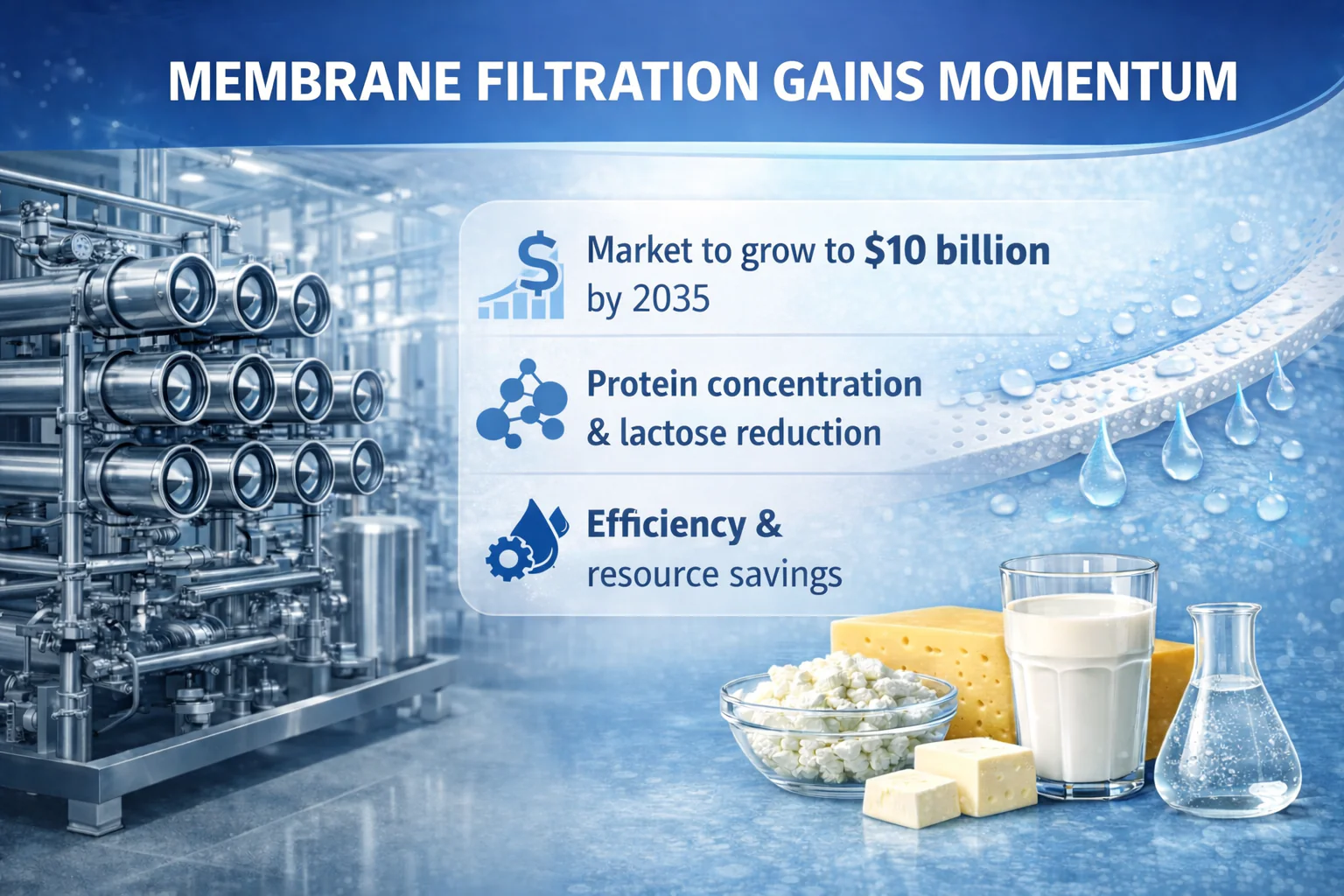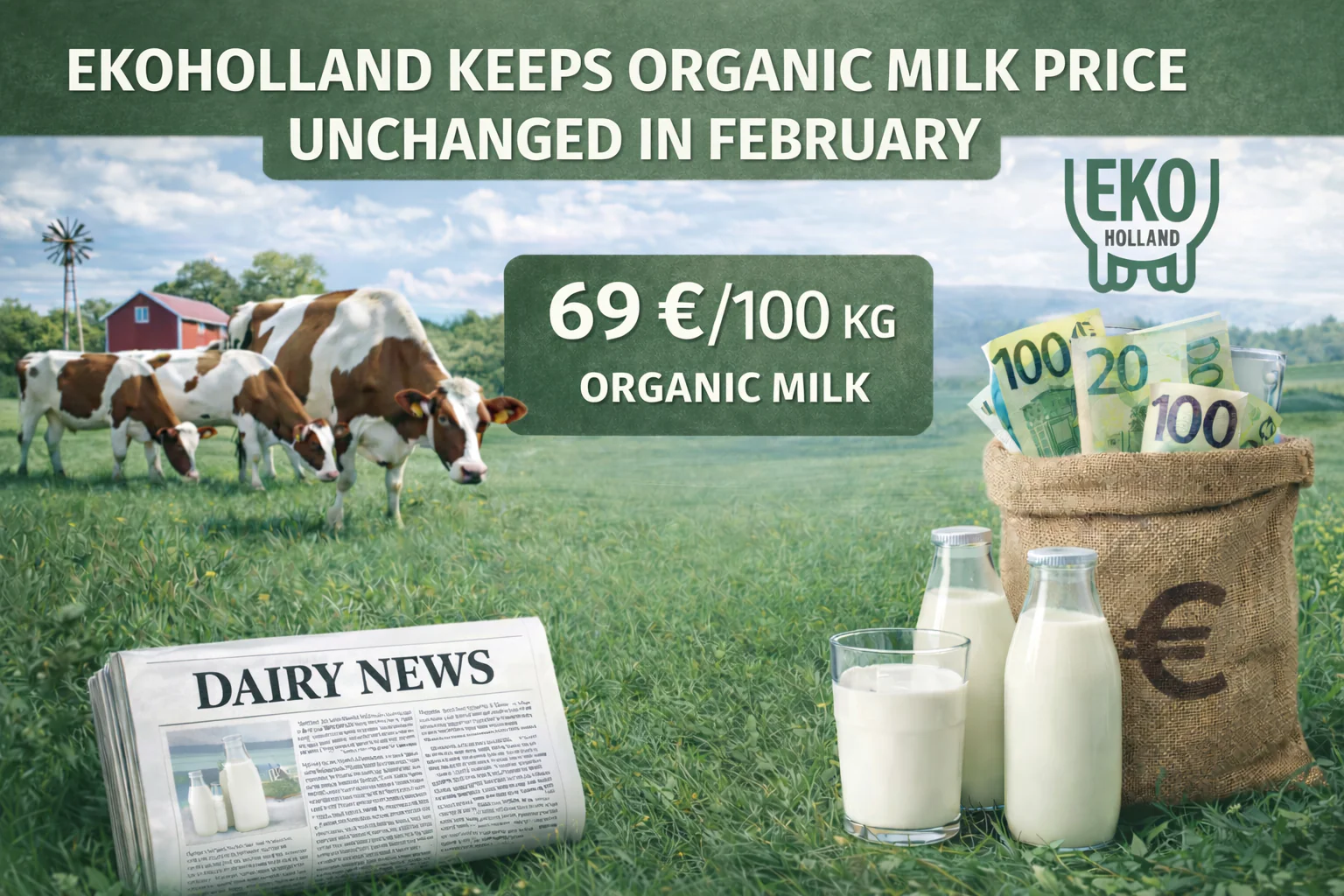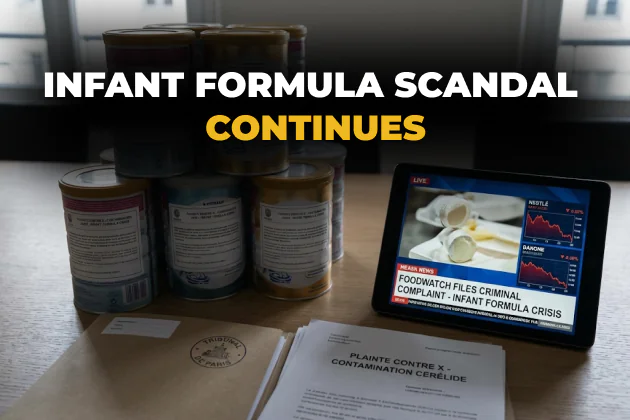on Certain Trends in the Development of the Dairy Sector in Ukraine
ISSUE: Lack of affordable financing and delayed payments by retail chains for delivered dairy products
The main form of state financial support under martial law is the concessional loan programme (the so-called “5-7-9” programme), as regulated by Cabinet of Ministers Resolution No. 28 of 24 January 2020.
According to subparagraph 1, paragraph 9 of the Procedure No. 28, such support is also available for enterprises in the processing industry.
However, paragraph 10 stipulates that the maximum loan amount eligible for state support (including leasing and factoring for processing enterprises) must not exceed UAH 150 million.
Moreover, this programme is limited to medium-sized enterprises, defined as those with an annual turnover below €50 million (including related companies).
As a result, the state support programme, which aims to reduce the cost of loans, does not contribute to the development of milk processing enterprises, given that:
– a significant share of leading dairy companies are not medium-sized enterprises – their annual turnover (including affiliated companies) exceeds €50 million (UAH 2.3 billion);
– the maximum loan amount is insignificant (only UAH 150 million and only for investment purposes).
Thus, leading milk processing enterprises – especially market leaders in milk processing – are not actually the target audience of the “5-7-9” loan reduction programme.
On the other hand, it is necessary to note the unresolved issue of relations between food producers and retail chains, which leads to:
– unjustified extension of payment terms for dairy products supplied, which significantly exceed the actual terms of their sale by retail chains;
– Distorted pricing for services provided by retail chains – including forced marketing fees and bonuses – that increase the retail margin and reduce profitability for processors.
This harmful financial “parasitism” by retail chains on (mostly domestic) suppliers undermines the economic resilience of dairy processors and delays payments to raw milk suppliers, affecting dairy farms directly.
PROPOSALS: Introduce legislation to regulate payment terms for essential food products (which include most dairy items), tying them to the actual retail turnover duration.
ISSUE: Surge in cheese imports to Ukraine, displacing domestic producers from supermarket shelves
Import volumes of cheese to Ukraine (thousand tonnes)
| Type of Cheese | 2022 | 2023 | 2024 | Jan-Apr 2024 | Jan-Apr 2025 | Jan-Apr 2024 / Jan-Apr 2025 |
| HS 0406 – All cheeses – total | 33,8 | 33,7 | 38,3 | 11,5 | 13,4 | +17 % |
| including: | ||||||
| 0406 10 – Fresh cheeses | 10,8 | 10,9 | 14,3 | 4,2 | 5,0 | + 19 % |
| 0406 30 – Processed | 4,3 | 4,1 | 4,6 | 1,4 | 1,5 | + 8 % |
| 0406 90 – Aged cheeses | 17,0 | 16,6 | 16,8 | 5,2 | 6,1 | +17 % |
Despite population decline in Ukraine, cheese imports have risen notably since Q4 2024:
– 2024 vs 2023: +13,6 %; Q1 2025 vs Q1 2024: +17 %.
The most significant increases are in:
HS 0406 10 – Fresh cheeses; HS 0406 90 – Aged (ripened) cheeses.
За експертними оцінками, частка імпортних сирів в українських торгівельних мережах у ІІ півріччі 2024 – 2025 рр. суттєво зросла:
The ratio between Ukrainian and imported cheeses
(rennet, aged) in Ukrainian retail chains, %
| Type of Cheese | 2018 | 2019 | 2020 | 2021 | 2022 | 2023 | 2024 | Q1 2025 |
| Imported | 12 | 18 | 28 | 35 | 32 | 33 | 37 | 45 |
| Domestic | 88 | 82 | 72 | 65 | 68 | 67 | 63 | 55 |
Thus, the share of imported cheeses exceeded 37% in 2024 and reached 45% in Q1 2025.
In addition, the volume of “grey” cheese imports into Ukraine (mainly from Poland) has recently increased. According to experts, their share may reach 60-65% of official import volumes (over 11,000 tonnes of mature cheeses alone in 2024).
Poland accounts for nearly half of Ukraine’s aged cheese imports, and Polish producers are increasingly treating Ukraine as a domestic market.
In some cases, the wholesale price of Polish aged cheeses (already imported into Ukraine) exceeds the cost of producing such cheeses in Ukraine. This is possible due to state protectionism practised in the dairy sector in Poland.
PROPOSALS:
– Increase the cashback level for aged (hard/semi-hard) cheeses;
– Extend cashback to include bulk cheese;
– state funding for advertising domestic cheeses (to stimulate demand);
– strengthening control over cheese imports into Ukraine (preventing “grey” imports).
ISSUE: Insufficient utilisation of existing production capacities of milk processing enterprises
In 2025, approximately 3.4 million tonnes of raw milk will be processed industrially.
At the same time, according to expert estimates, the potential capacity of milk processing at existing facilities (available capacity) exceeds 5.5 million tonnes.
Thus, the average utilisation rate of existing milk processing facilities in 2025 will not exceed 62%.
To increase the utilisation rate of existing production capacities of domestic milk processing enterprises, it is necessary to:
- increase milk production on commercial dairy farms – at least by +0.4-0.5 million tonnes per year – this is possible by stimulating the growth of the cow population;
- modernise (reconstruct) existing capacities/equipment – primarily in terms of ensuring compliance with environmental standards (proper water treatment, availability of treatment facilities to reduce negative impact on the environment).
PROPOSALS:
– restoring budgetary incentives for the development of dairy farming (in terms of subsidies from the state budget for the increase in the number of cows and/or compensation for part of their purchase cost)
– provision of preferential credit resources for projects to build/reconstruct milk processing facilities, especially those with an innovative component;
– partial compensation from the state budget for the cost of technological equipment to ensure compliance with environmental standards in the production of dairy products (primarily in terms of treatment facilities).
ISSUE: – Excessive volatility of the raw milk market
Causes – imperfections in approaches to organising contractual relations between dairy farms and milk processing enterprises and pricing for raw milk.
Key issues hindering the balanced development of the dairy industry in Ukraine based on the harmonisation of the interests of dairy farms and milk processing enterprises:
– the use of ‘short contracts’, which create excessive risks of losing the raw material base and cause price uncertainty even in the short term;
– too frequent price revisions (at least twice a month), which, in conditions of excitement on the raw milk market, leads to a rapid rise in prices over a short period of time, significantly reducing the economic efficiency of milk processing enterprises and their economic stability;
– the lack of practice in applying the concept of the ‘first buyer’ of raw milk and, as a result, the underdevelopment of the spot market for raw milk (instead of meeting their operational needs for raw milk among themselves (developing a secondary market), market operators ‘lure’ milk producers with short-term offers of higher prices.
PROPOSALS:
It is necessary to improve the organizational framework for the functioning of the raw milk market in Ukraine, primarily in terms of optimizing contractual relations in line with the EU acquis.
– Declaring contracts and prices for raw milk using the resources of the State Agrarian Register will make it possible to ‘whiten’ the milk market;
– ensuring the functioning of the spot market for raw milk exclusively through milk processing enterprises by recognizing the rights of the ‘first buyer’ and strictly adhering to them;
– improving approaches to pricing in the raw milk market.






